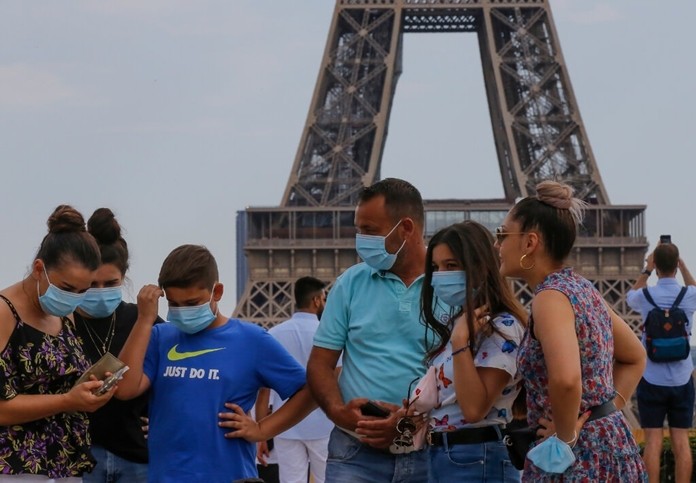
There is no shortage of Brits, or Europeans in general, seeking the sun-kissed beaches of Thailand and Asia this winter. The problem is the fear in the host countries’ governments that an influx of foreigners will spark a second wave of Covid-19 infections whilst alienating their own citizens who, according to polls, are suspicious of opening up their airports again to all and sundry. It’s the “damn foreigners” syndrome.
ABTA, the UK’s travel association representing over 1,200 companies, says the biggest number of enquiries is about Thailand. The Thai tourist ministry has tabled several suggestions for reopening resort areas such as Phuket or Pattaya to limited general tourism, but they have required highly unpopular measures such as compulsory 14-days quarantine (in all proposals), restrictions on personal travel within the resort and the cumbersome use of tracking apps or bracelets on a 24/7 basis. To date, no such policy proposals have been adopted by the government’s disease control committee CCSA or Centre for Covid-19 Situation Administration.

The most recent Thai proposals include a long-stay holiday visa of up to 270 days, but with the proviso that entrants must arrive by charter flight or private jet and undergo quarantine for the usual fortnight. The only difference this time is that the choice of hotels for state-approved quarantine seems to be getting longer and better. The very latest policy suggestion comes from the Thai health ministry and proposes limited general tourism without quarantine here as long as travellers swear they have been in isolation for 14 days in their home country prior to taking their flight. To date, no precise detail has been forthcoming. And don’t hold your breath.
The United Nations World Travel Organization (UNWTO) advises that prospects for leisure tourism don’t look much better elsewhere in Asia for the foreseeable future. Cambodia has cancelled visas-on-arrival and is not issuing tourist visas at its embassies abroad. Indonesia promised that Bali would reopen on September 11 for general tourism, hoping to capitalize on the Chinese golden week holiday in October, but has since had second thoughts. Vietnam, South Korea and Singapore have fast-track entry for business people and residents, but tourists are still not allowed. Australia is still in virtual lockdown with many of its own citizens unable to return home as a quota system of 4,000 arrivals a week is in force.
China, which is in a mostly successful lockdown after strict domestic quarantining, sent abroad 150 million tourists in 2019 who spent 16 percent of the world’s total international tourist expenditure.
Most Chinese tourism at the moment is entirely domestic with internal flights within China almost back to normal in number and frequency. But, of course, foreign tourism to China is out of bounds for now. The Forbidden City is forbidden for now.
The exception is the Maldives which reopened to tourism last July, requiring overseas visitors to book and stay at a registered hotel in a resort island for the duration of the vacation. It must be remembered that the Maldives is a country of 26 atolls, filled with thousands of islands and spread widely in the Indian Ocean. In other words, it is (or should be) easy to identify and control any local outbreak of disease. At first a virus-free certificate was not required on entry, but that policy has now been changed. And in case you didn’t know, the Maldives is not a bargain basement destination.
Although Thailand has been hit the hardest by the abandonment of international tourism and stands to lose 15 percent of its national revenue, the problem is acute throughout the region. Travel gurus point out that waiting for a vaccine to be found, or for the virus to die out of its own accord, risks wholesale bankruptcies of hotels, airlines, tour operators and tourist businesses in the meantime. You might well argue that the awesome pandemic requires a worldwide or, at least, a regionally coordinated response. But that is no more likely in Asia than in Europe. Keep calm and carry on.
 |
 |
 |




